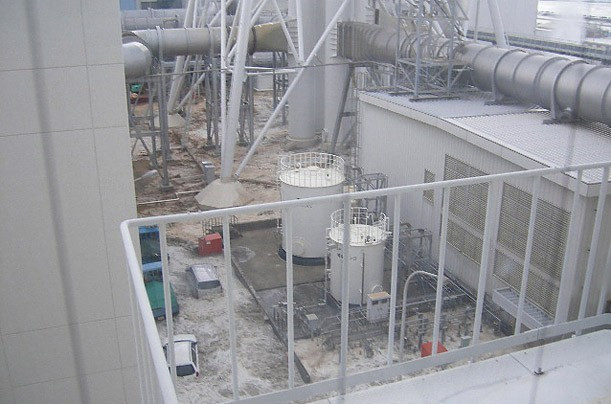Fukushima: Radioactive cesium-137 found in Tokyo’s tap water

The level discovered however was below the safety limit set by the government.
Cesium-137 registered at 0.14 becquerel per kilogram in Shinjuku ward on July 2 and none was discovered yesterday, compared with 0.21 becquerel on April 22, according to the Tokyo Metropolitan Institute of Public Health. No cesium-134 or iodine-131 was detected, the agency said on its website.
"This is unlikely to be the result of new radioactive materials being introduced" into the water supply, Hironobu Unesaki, a nuclear engineering professor a Kyoto Univeristy, said today by telephone. That's "because no other elements were detected, especially the more sensitive iodine," he said.
Japan is still battling radiation leaks into the air, soil and water after an earthquake and tsunami on March 11 knocked out cooling systems at Tokyo Electric Power Co.'s Fukushima Dai-Ichi nuclear station, resulting in the meltdown of three of the six reactors at the plant.
Products including spinach, mushrooms, bamboo shoots, tea, milk, plums and fish have been found to be contaminated with cesium and iodine as far as 360 kilometres (224 miles) from the station and the London-based World Nuclear Association has warned that prolonged exposure to radiation in the air, ground and food can cause leukemia and other cancers.
"The reading is extremely low, on the very threshold of detection," Professor Unesaki said.
In March, after radioactive iodine was found in the city's supply at levels twice the allowable limit for infants, Tokyo's metropolitan government warned residents not to give tap water to small children.
© Copyright IBTimes 2025. All rights reserved.





















